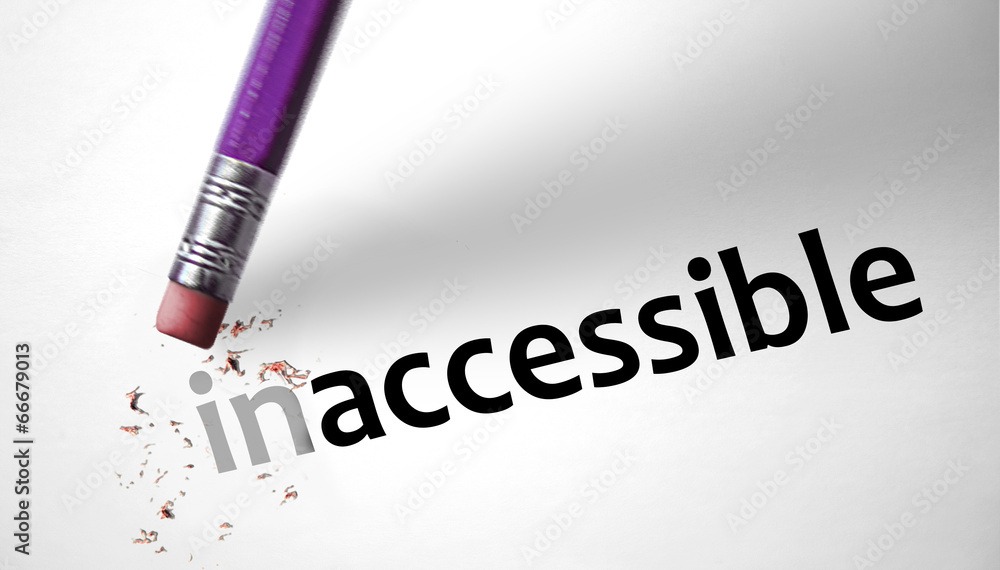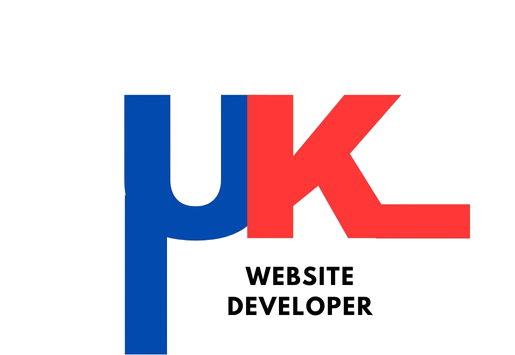An Ultimate Guide For Online Website Triumph
Accessibility: Discover the necessary steps to achieving accessibility compliance in WordPress while adhering to the law in the UK. Integrate these tools and best practices to make your website inclusive, accessible, and legally compliant.
Introduction

Every business requires a website in order to remain competitive and relevant. While integrating captivating features into an organisation’s online platform, another pertinent word which is often not given attention to is “accessibility”. Accessibilities is not merely a design consideration but a legal issue for WordPress accessibilities compliance in the UK. For businesses, the reality of dealing with over 4 million people suffering from disabilities in the UK means that accessible websites can expand reach and protect the business from legal litigation. Meeting accessibilities standards is not just a matter of compliance, but it cultivates the spirit of inclusiveness and allows equal opportunity for people to access information. Knowing how to configure accessibilities settings is important whether you own a personal blog or operate a large-scale e-commerce site on WordPress. In this piece, we will explore in detail what WordPress accessibilities compliance means, why it is significant in the UK, and how you can achieve it. We will discuss everything from laws to practical solutions to equip you with the tools needed to make your website compliant and accessible.
Why Accessibility Matters: The Legal and Ethical Framework in The UK
Accessibility Regulations in The UK
The UK has well-defined laws that govern digital accessibility. The Equality Act of 2010 requires organisations to provide equal access to services which includes access to websites for people with disabilities. More recently, the Public Sector Bodies (Websites and Mobile Applications) Accessibility Regulations 2018 established minimum requirements for public sector websites which also affect private organisations indirectly.
For users of WordPress, compliance translates to following the WCAG – Web Content Accessibilities Guidelines. These have three levels; A, AA, and AAA. The general consensus among most companies is to work towards Level AA as it provides a reasonable middle ground. Not meeting these standards can have serious legal implications ranging from paying fines to long-lasting damage to public perception.
The Business Case for Accessibility
There are good practical reasons, in addition to legal ones, for providing attention to accessibility. A Click-Away Pound study showed us that 71% of disabled customers will actively leave a website if it does not provide easy navigation. Contrastingly, websites that enable easy browsing and navigation receive higher user engagement, better search engine rankings, improved customer loyalty, and enhanced brand value.
Real-World Example: A Cautionary Tale
Take the case of a retailer from the UK that did not provide easy access to navigation on their website and was fined £50,000. While they paid a certain amount of money as a penalty, the larger financial blow came in the form of loss of reputation. This demonstrates the damage that can occur if accessibility is not factored in at the right point.
Key Principles of WordPress Accessibility Compliance
Perceivable Content
To make your website perceivable, relate to your audience through the use of different engagement channels. Use the following steps as examples:
- Describe the image through alt text for screen readers so that they can describe it to visually impaired users.
- Improve the alignment of text with the background colour for elements with colour contrast to assist people with vision problems.
- Provide a text format of what is said in the audio and video clips.
General Navigation
A website can be accessed and retrieved easily without any special tool or device. Some of them include the following:
- Include mouse-free navigation for the disabled
- Placing time limits on actions for the user is not recommended without a method for pausing or extending time limits.
- Making sure that all buttons and clickable links are marked and can be found.
Considerateness in the Presentation
Being clear is the simplest way to be accessible. Strive to streamline texts, arrange them in a more intuitive order, and eliminate buzzwords. Readability analyzers are very effective at ensuring a text’s comprehensibility.
Robust Development
Test how the text appears in different browsers and on different devices using semantic HTML. Doing this will confirm the website’s robustness.
Improving Accessibility on WordPress
Most Noteworthy Accessibility Plugins
- WP Accessibility Helper: Implements customisable text and background contrast. Intended font sizing is also available.
- One Click Accessibility: Tools such as full keyboard control and enhanced focus indicators provide instant solutions.
- Accessible Poetry: Users can set their own descriptions for images and texts which makes it customisable.
Built-In Features of WordPress
Every WordPress user can use some accessibility enhancing tools which are built right into the WordPress platform itself.
- Block Editor (Gutenberg): This feature offers a high level of usability as it permits users to insert headings, lists and media with ease.
- Focus mode: This feature aids users to pay attention to editing particular blocks of the content.
External Tools for Testing
- WAVE Web Accessibility Evaluation Tool: It checks your website for any present gaps in accessibility.
- Lighthouse: This tool as the name suggests is baked into Chrome DevTools. It has to do with checking other performance indicators such as SEO or even site speed, while also checking for some essential usability markers.
Access Compliance In 4 Steps
Step 1: Usability Audit
Take time verifying your website with the tools like WAVE and Lighthouse. Determine what requires improvement, the semi-opaque colour to background images or the absence of Alt texts for images.
Step 2: Select Accessible Theme
Pick a WordPress theme that is accessibility ready which caters to the needs of users with disabilities like Astra and Divi since their themes are made especially with accessibility features.
Step 3: Accessibility Of Content
Videos should have closed captions. Images should have alt tags, while the rest of the text content should be sequentially structured using heading tags H1 H2 Hx.
Step 4: Using assistive technologies
Surf your website using NVDA or VoiceOver screen readers to check how accessible your site is. Check the readability and how easy it is to navigate through the pages.
Step 5: Train Your Team
Arrange for accessibility training sessions for your staff. This will help ensure everyone plays a part in compliance and confidentiality to help maintain compliance.
Overcoming Accessibility Challenges
Struggle 1: Cozy and Visually Pleasing at the Same Time
Striking a balance between aesthetics and usability is what most designers strive for. But all is not lost with modern design principles. Using bold typography along with white space improves usability as well as impacts visuals, leading to an amazing overall look.
Struggle 2: Keeping Up With Changes
Changes in WordPress core software and plugins happen regularly. Maintaining compliance requires a completely new audit to ensure newer offers don’t change compliance barriers.
Assistive Technology: Limit Human Monitoring
You can best your compliance issue by setting limits on human monitoring through automated tools such as Axe or Siteimprove that provide round-the-clock monitoring.
Compliance FAQ on Accessibility in the UK
- What is WCAG and what is its significance? WCAG stands for Web Content Accessibility Guidelines. This is considered important worldwide, including in the UK as it sets out standards for website creation to ensure accessibility.
- Is it mandatory to have accessibility compliance on all websites?
Public sector websites have a legal obligation, but most private enterprises should consider this too to avoid discrimination claims from the public under the Equality Act 2010.
- What is the Accessibility Compliance Cost for a WordPress Site?
The level of cost differs with the specific details associated with your site. While basic improvement may use free plugins, comprehensive audits and entire redesigns may require professional help.
- Can I Achieve Full Compliance Without Hiring An Expert?
Yes, many tools and resources are available that allow you to complete many of the accessibility tasks; however, advanced projects would require some form of professional guidance.
- Does an Accessibility Compliant Site Have Boosted SEO?
Definitely! An accessible website often has well-structured content, quicker loading speeds, and overall better content—all things that search engines prioritise.
Final Thoughts
In the UK’s regulatory landscape, striving for complete WordPress accessibility is not only about following the law, it is about building a digitally inclusive society. If you follow my detailed instructions in this guide, your website will be user-friendly for people with diverse abilities. Do note that accessibility is an iterative process… preventative maintenance, routine audits, updates, and a proactive strategy are crucial to sustaining compliance and maintaining a competitive edge.
Let us know how it goes in the comments below or contact me directly if you would like to use my expertise to guide you. Put your website through the accessibility audit today. As a team, let’s create a website that is universally helpful.
Ensure your WordPress site is accessible. Download our checklist today and start improving your site’s accessibility!
